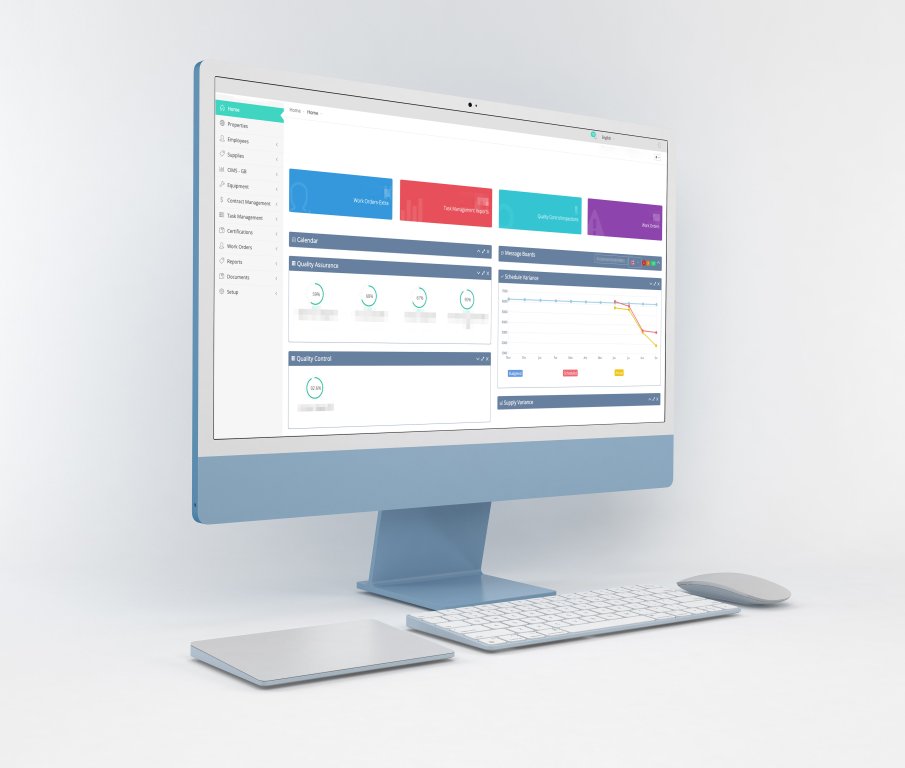Mobile applications have become an integral part of our daily lives. From social networking to productivity tools, entertainment, and e-commerce, mobile apps offer a myriad of opportunities for entrepreneurs and businesses to tap into a vast user base. However, the success of a mobile app largely depends on selecting the right idea and strategy for building a profitable user base. In this article, we’ll explore the key factors to consider when investing in a mobile application idea, with a focus on ideas that can attract paying users and have the potential for future growth.

From Idea to Income
Identify a Niche with a Broad User Base
To build a successful mobile application, it’s essential to start with an idea that addresses a problem or fulfills a need shared by a large number of potential users. While niche markets can be profitable, aiming for broad appeal can lead to a more substantial user base. For instance, consider creating an app that targets users of all ages or a wide range of interests, rather than catering to a very specific demographic.
Solve a Pain Point
Successful mobile applications often address pain points in users’ lives. Identifying a problem and offering a solution through your app is a surefire way to attract and retain paying users. For example, an app that simplifies everyday tasks, streamlines workflows, or enhances communication can have mass appeal.
Scalability and Future Growth
Investing in an idea that has the potential for future scalability and growth is crucial for long-term success. Loyalty apps, for instance, can start by serving a small number of local businesses but expand regionally or even nationally as the user base grows. Scalability ensures that your app can accommodate a growing number of users and transactions without significant hiccups.
Explore Different Monetization Strategies
Once you’ve identified an idea that caters to a broad audience and addresses a real need, it’s time to consider how you’ll generate revenue. There are various monetization strategies to choose from, including:
a. Freemium Model: Offer basic features for free and charge for premium features.
b. Subscription Model: Charge users on a recurring basis for access to your app’s services.
c. In-App Advertising: Display ads to users and generate revenue from advertisers.
d. In-App Purchases: Allow users to buy virtual goods or additional features within the app.
How to start ?
User-Centered Approach: Prioritize user needs and preferences in your app’s design and functionality to ensure a positive user experience.
Leverage Technology: Utilize cutting-edge technology and development tools to build a robust and scalable app that can efficiently achieve your goals.
Feedback-Driven Iteration: Continuously gather and act on user feedback to refine and improve your app, making it more valuable to your target audience.
Development Team or Trusted Software Agency: Assemble a skilled development team or partner with a trusted software agency to ensure the technical excellence of your app.
Marketing and Promotion: Employ digital marketing strategies and app store optimization to boost your app’s visibility and attract users.
“Even if we do not talk about 5G (specifically), the security talent in general in the country is very sparse at the moment. We need to get more (security) professionals in the system”
At Flojics Technology, we are more than service providers; we are your dedicated partner on the path to success. With services ranging from web development to digital marketing and staff augmentation, we offer comprehensive support to ensure your startup reaches its full potential. By following these steps and having us as your trusted ally, you’ll be well-prepared to embark on your path to creating a successful mobile app startup. Remember that success often requires a combination of technical expertise, user-centered design, and effective business strategies.





Most businesses utilize a network connection to some degree, be it internal data storage or an online point of sale system. While larger corporations often have complex data security systems in place, small businesses can also fall victim to a cyber attack if they do not take steps to protect themselves.
Comments are closed.